After the VinFuture Prize 2023 award ceremony, on the morning of December 21, the winning scientists had an inspirational meeting at VinUni University.
The "Global Partnership" exchange took place with hundreds of students and young scientists. Here, the Award winners shared the challenges they faced in their scientific journey and the lessons they learned to succeed. Through their stories, it can be seen that they all have in common the ability to "self-motivate to maintain scientific research".
At the beginning of the exchange, on the big screen, a photo of a girl posing with a flock of penguins delighted many viewers. It was Professor Susan Solomon from the Massachusetts Institute of Technology, USA, who had just won a special prize for female scientists with groundbreaking contributions to expanding humanity's understanding of the phenomenon of ozone layer depletion and the role of chlorofluorocarbons (CFCs) in that process.
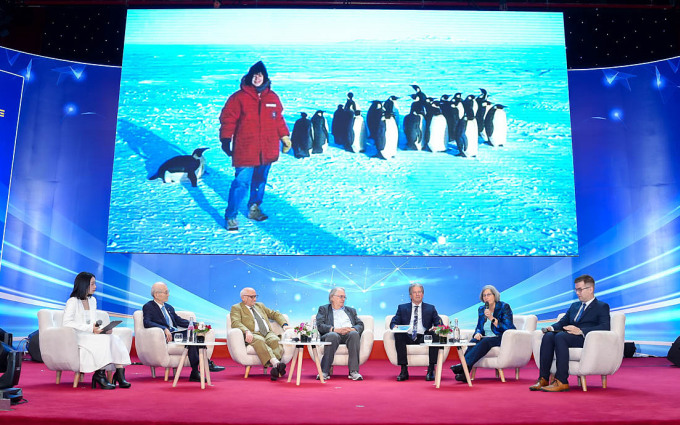
Scientists participated in the exchange and on the screen was a photo of Professor Susan Solomon visiting Antarctica when she was young. Photo: Phuoc Van
Telling her own story, in the late winter of 1986, Professor Susan, then 30 years old, led a 16-person expedition to Antarctica. The experiment by a group of scientists from the National Oceanic and Atmospheric Administration (NOAA) was inspired by calculations by Professors Mario Molina and Sherwood Rowland in 1974, the hypothesis about the impact of CFCs on the ozone layer. But for many years the scale of the decline puzzled scientists. This prompted her and her colleagues to decide to put the hypothesis to the test.
Professor Susan said she had a wonderful time in Antarctica, a beautiful, white, wild land with lovely creatures like penguins. But Antarctica, as wild as it is, is still affected by climate change. "The discovery of the ozone hole was a shock to humanity," she said.
Scientists measured the hole and found chlorine dioxide levels a hundred times higher than expected. This was the first direct evidence that chlorofluorocarbons (CFCs), widely used in refrigerators, air conditioners, and hair sprays, were responsible for the hole in the ozone layer. Based on the chemical composition of the hole, the unusual proportions of the substances in the composition helped prove the impact was human. Ultimately, her research and that of her colleagues helped spur the Montreal Protocol, a major effort to reduce greenhouse gas emissions globally.
Japanese Professor Akira Yoshino, one of four scientists to receive the VinFuture Grand Prize, worth $3 million, for his pioneering work on using carbon black in the negative electrode of Lithium-ion batteries. Before starting his research on batteries in 1981 at the age of 33, Professor Akira pursued the field of new materials. He had never researched batteries before, but only accidentally discovered that the material he found could be completely applied to batteries. "I think the motivation is to always maintain research. Whether this technology or research will bring future success, that is the important part that researchers need to aim for to create motivation," he said.
As for Professor Gurdev Singh Khush, an Indian-American - the winner of the special prize for scientists from developing countries - he shared that his motivation was to "create more rice varieties, more food so that every family has enough food". He was born into a farming family in the 1960s - 1970s, when there was hunger in many places, especially in Asian countries. In India, 10 million tons of grain were imported each year to provide food for the people. That motivation urged him to find ways to change crop varieties to create higher yields, shorten the growing time to increase crop production and increase global opportunities.
With 35 years of experience working at the International Rice Research Institute (IRRI), he is known as the "rice wizard" for his research on a series of IR lines (such as IR36, IR64) for high yield and disease resistance, helping to solve the real challenges of famine in Asia. Like Professor Gurdev, Professor Vo Tong Xuan, Nam Can Tho University, also "dedicated his life to rice". He was a pioneer in the agricultural revolution, inventing and popularizing disease-resistant rice varieties, contributing to strengthening global food security.
"The best is failure"
Research is not always successful. The clearest illustration comes from the story of Professor Daniel Joshua Drucker, Canadian, winner of the Special Prize for Scientists researching new fields, describing himself as "failure is the best".
He said he started his scientific research career after graduating from medical school. Before that, he had not done any research projects, had not studied for a master's or doctorate, so when he entered the lab, he did not even know what to do. "Most of his experiments did not produce results, and he felt depressed every day when he went home," but he said failure was inevitable. He encouraged young scientists to always be confident and determined, and to find joy in family and friends, which would become a cushion when they fell.
Associate Professor Svetlana Mojsov (Rockefeller University, USA), who shared the prize with Professor Daniel Joshua Drucker, agreed that it is necessary to find passion and enthusiasm and not be discouraged. Sharing about the difficult journey of more than four decades pursuing the hormone GLP-1 to help lose weight and treat diabetes, she advised young people to boldly share their contributions and achievements. "We do our role well, write articles, research, and also think about the group's contribution to a certain project, not just the individual," she said.
Professor Stanley Whittingham, Binghamton University, State University of New York, USA, the winner of the main prize, shared his experience of always maintaining cooperation in science. He said that he "still keeps in touch with most of his students" even weekly via Zoom, from high school students who later became chemistry professors, or students from the US and China to exchange technology. "Difficult questions do not necessarily come from experienced people, sometimes questions from children also make us think a lot. That makes me continue to research, that is the motivation from young people", he said.
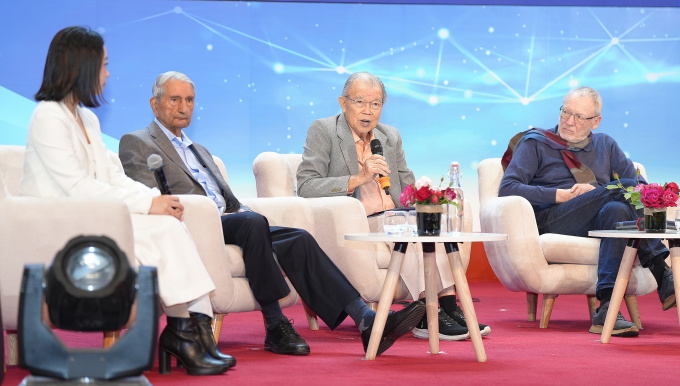
Professor Vo Tong Xuan (second from right) and scientists share about how to pursue passion in research. Photo: Phuoc Van
Regarding the obstacles facing young researchers, Professor Daniel Joshua Drucker emphasized that salaries are still low, and many PhD students work long hours without being paid fairly. He said that incentive policies could help promote more attractive research in the future.
However, he emphasized that it is very difficult to find a suitable agency or research institute that brings satisfaction. In addition to connecting to find information to find an ideal working environment, Professor Daniel also suggested taking advantage of the success of research such as combining businesses with research. The results created are used by businesses and if profitable, they will invest back, while successful research can spread to the community, schools, research and help mobilize funding.
During nearly three hours of discussion with students and young scientists, the winners of the VinFuture 2023 Prize expressed their happiness and gratitude for coming to Vietnam and being honored to receive the award. "I have spent 40 years working with Vietnamese scientists and leaders in the field of rice development. Thanks to this combination, when I received this award, I felt very grateful," said Prof. Gurdev Singh Khush.
The award was initiated by the VinFuture Foundation in 2020 and is awarded annually to breakthrough scientific and technological inventions that have the potential to create meaningful changes in people's lives. After three seasons, 27 scientists have been honored.
Nhu Quynh
Source link


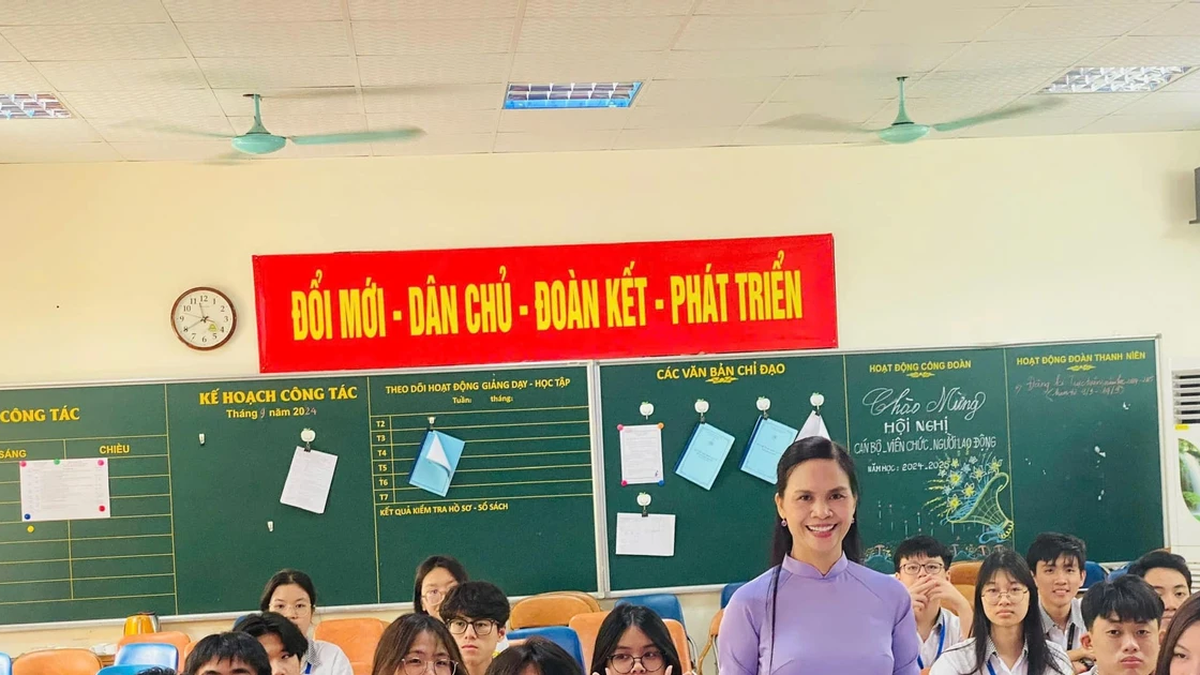
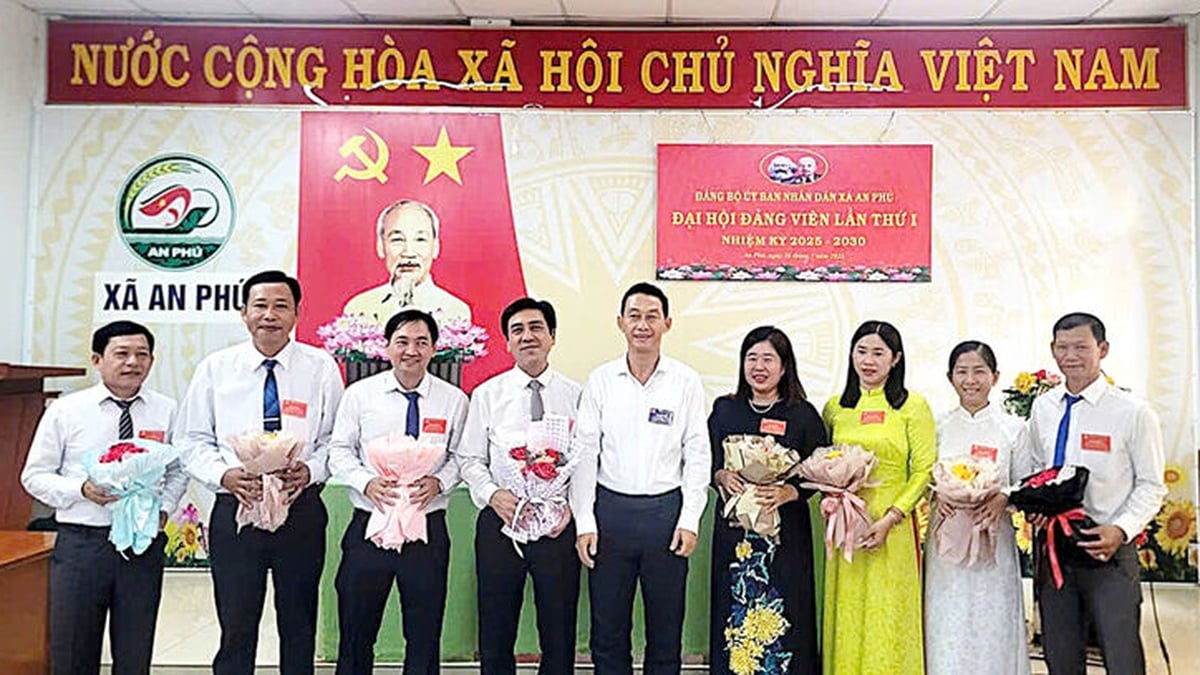
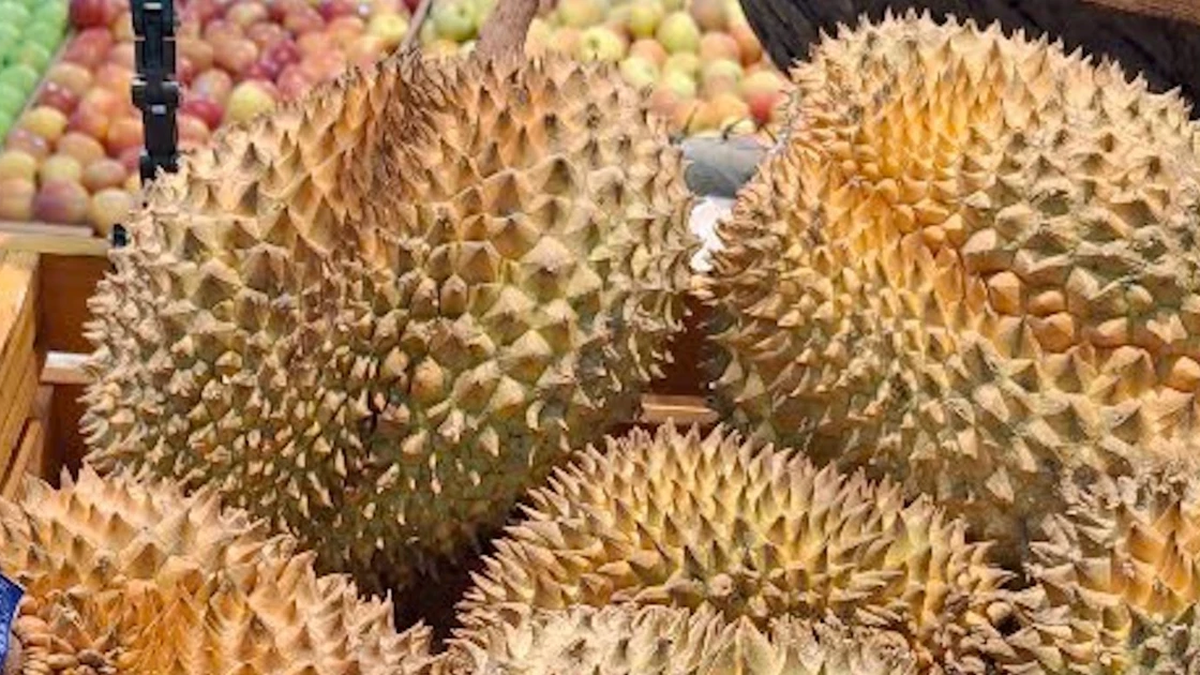
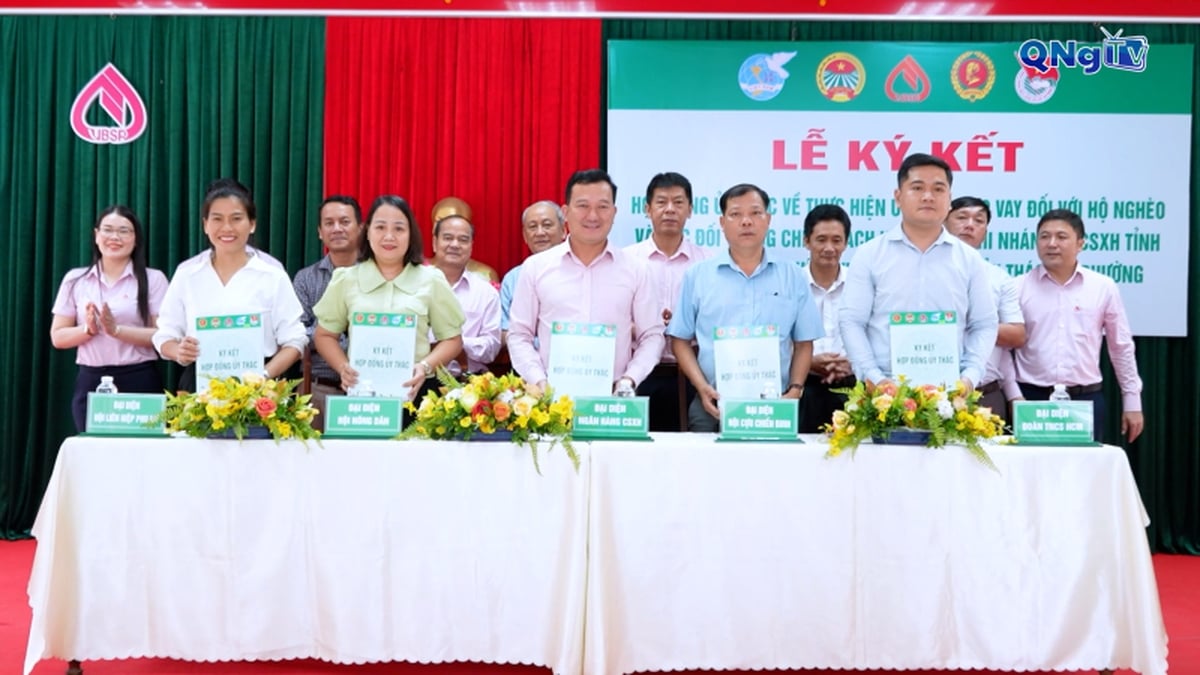

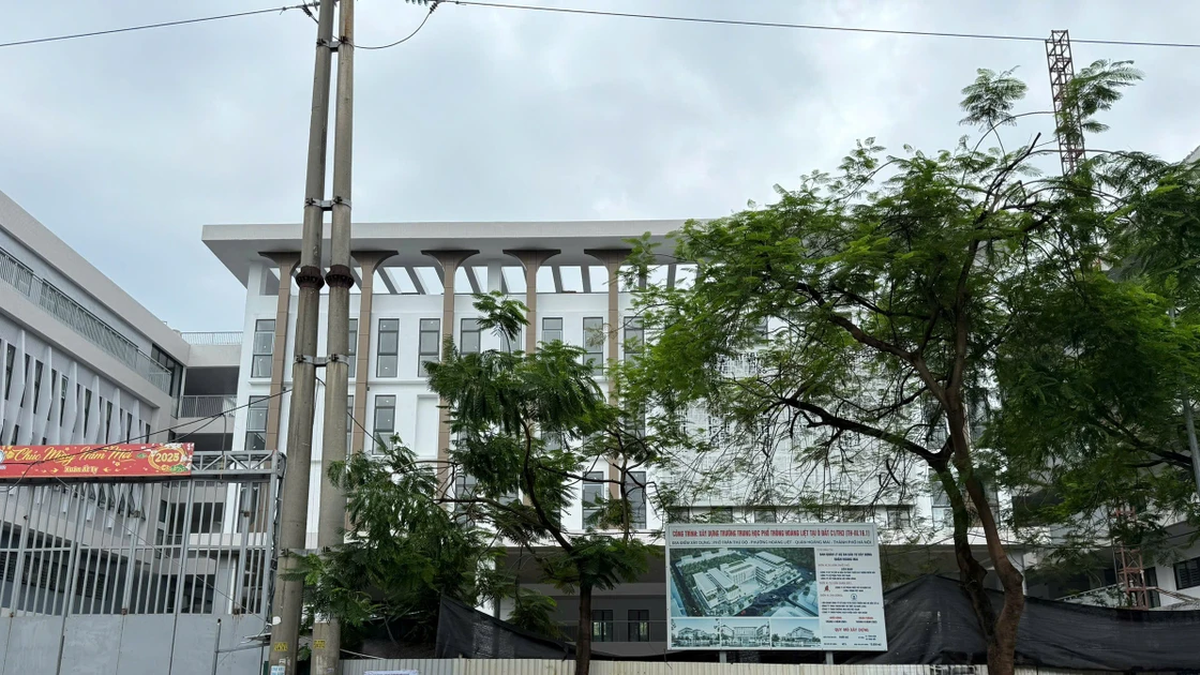
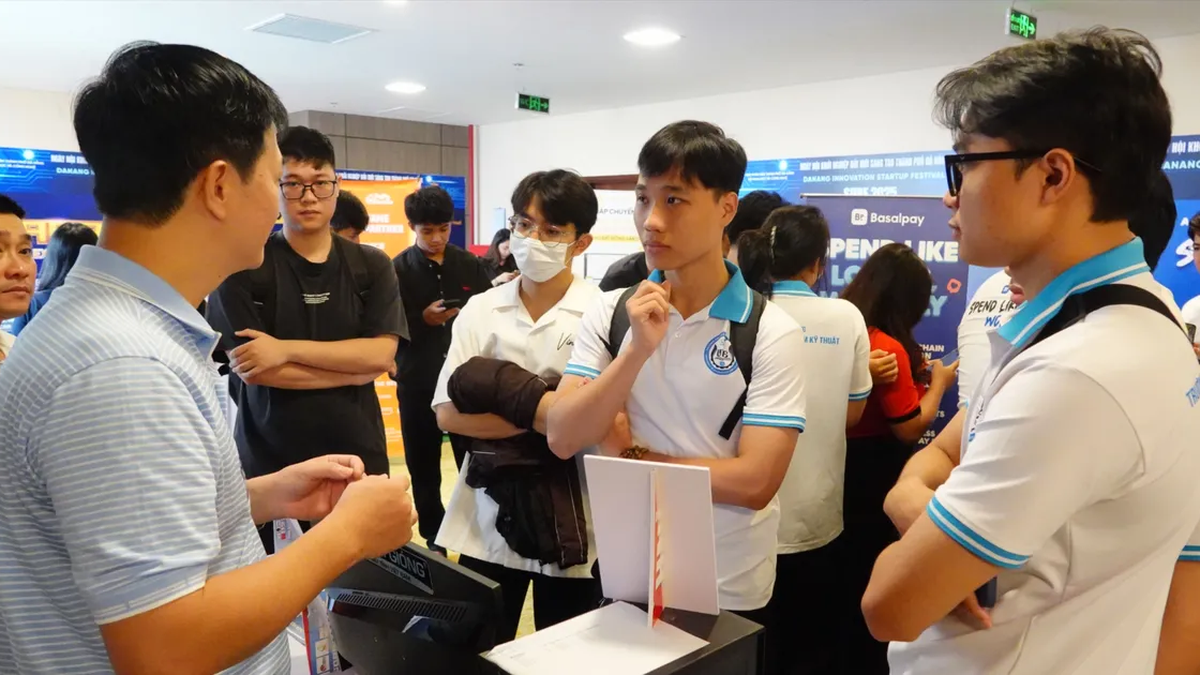
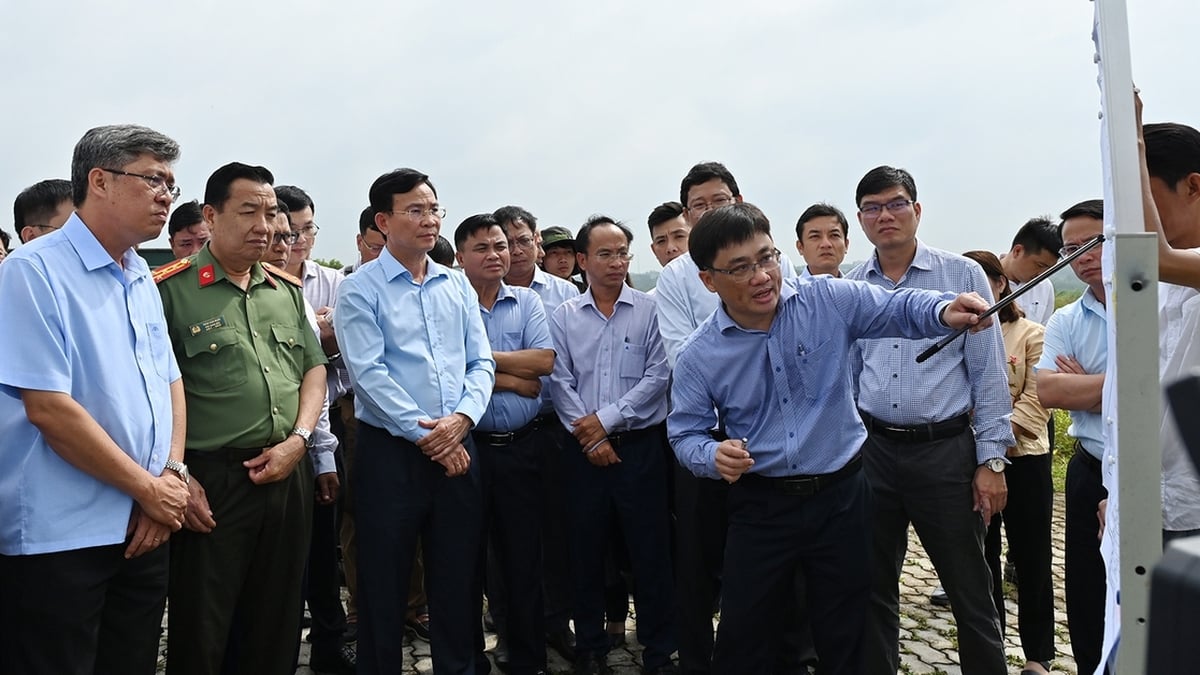
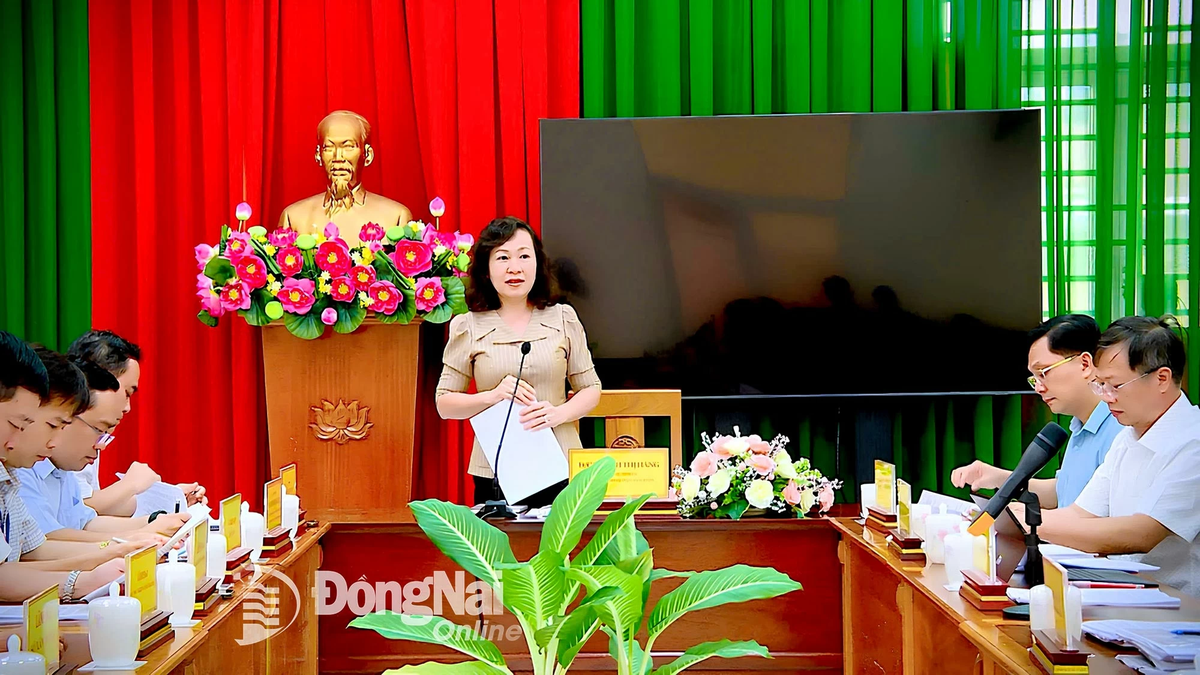
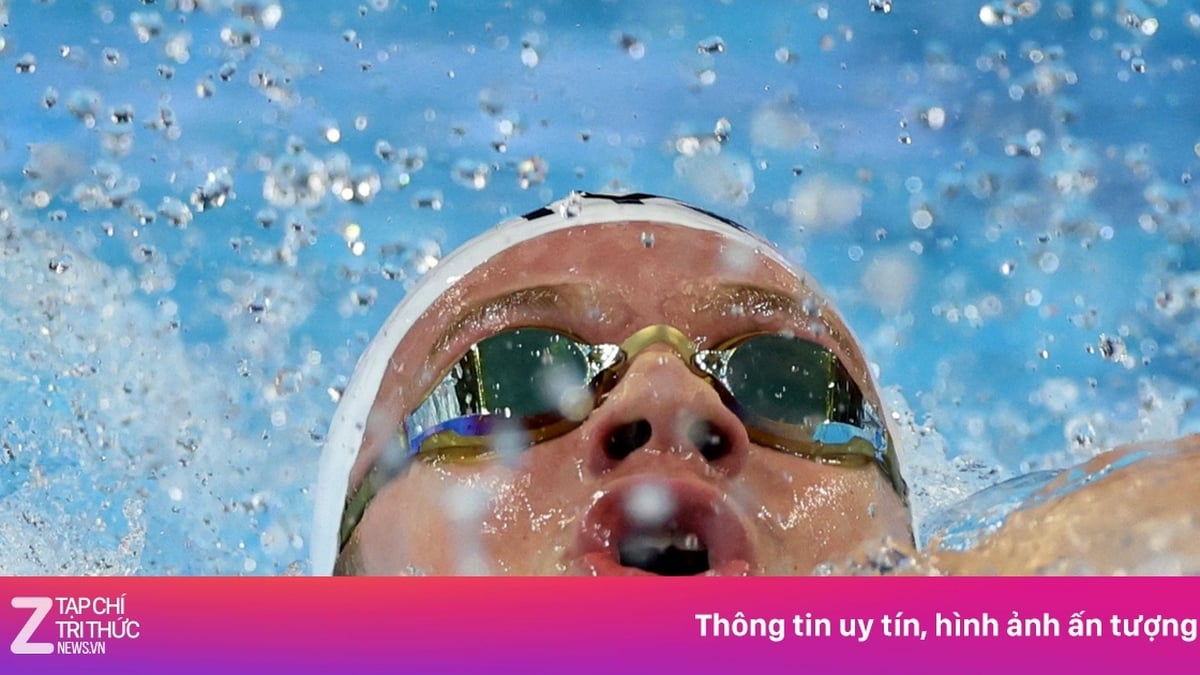












































![[Maritime News] Container shipping faces overcapacity that will last until 2028](https://vphoto.vietnam.vn/thumb/402x226/vietnam/resource/IMAGE/2025/7/30/6d35cbc6b0f643fd97f8aa2e9bc87aea)












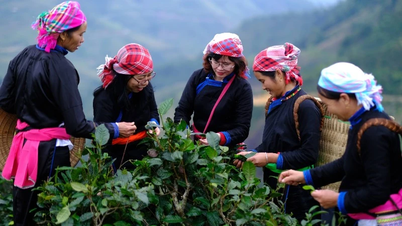
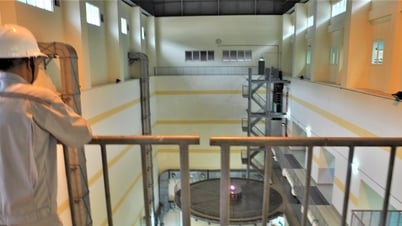







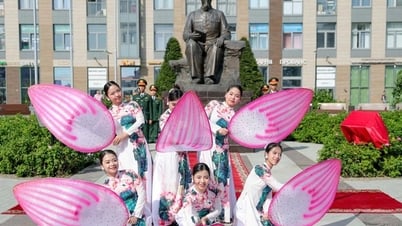























Comment (0)